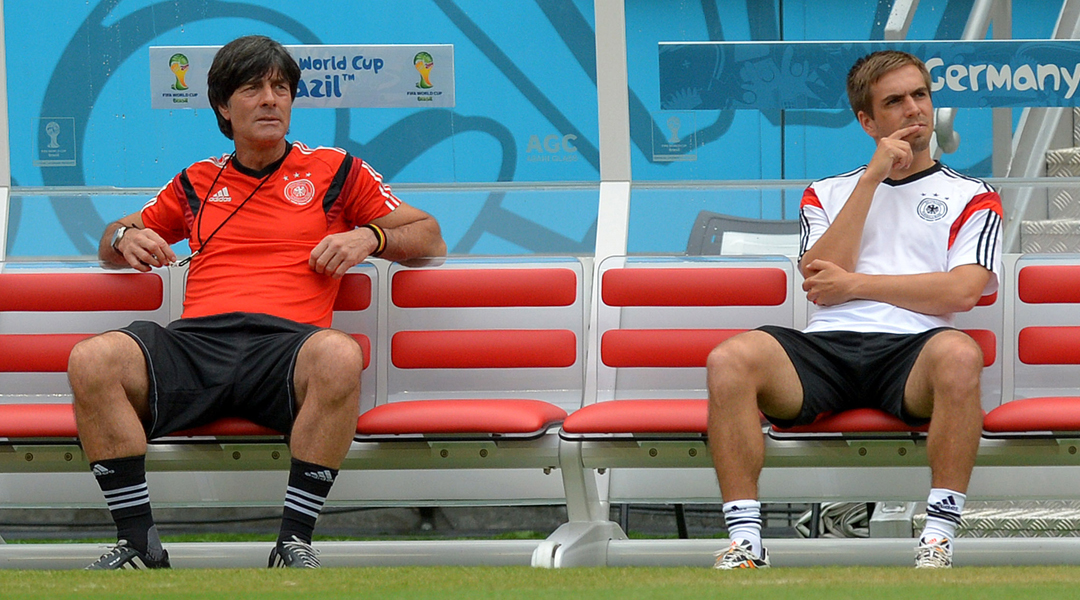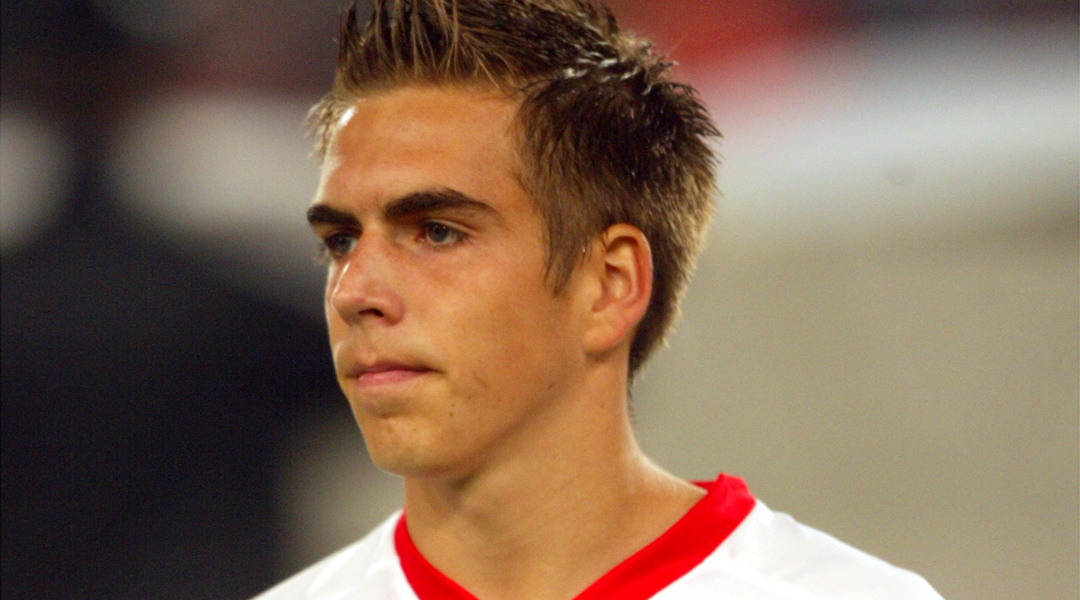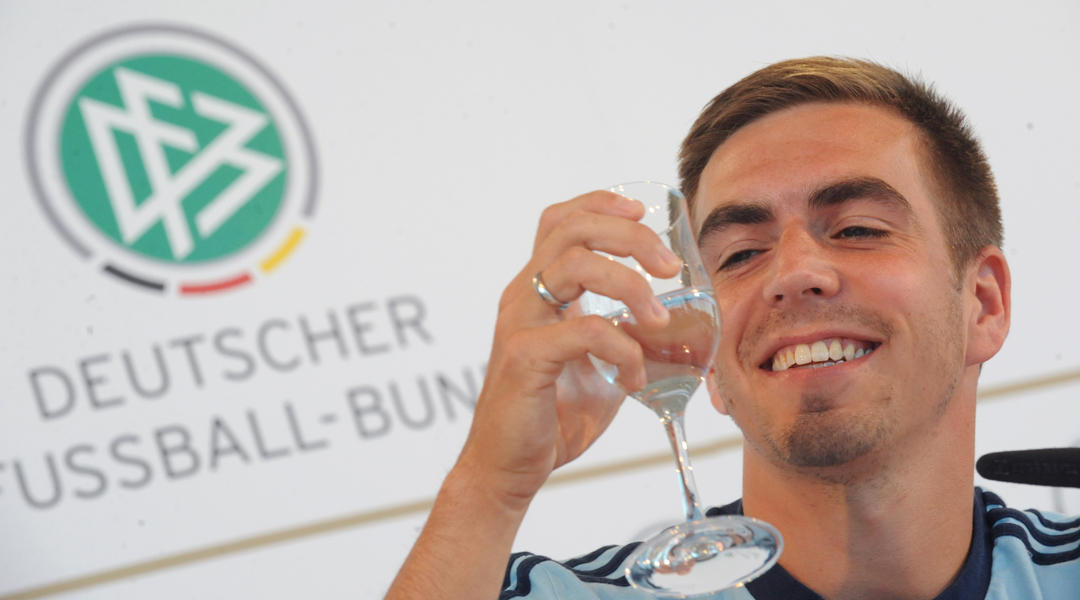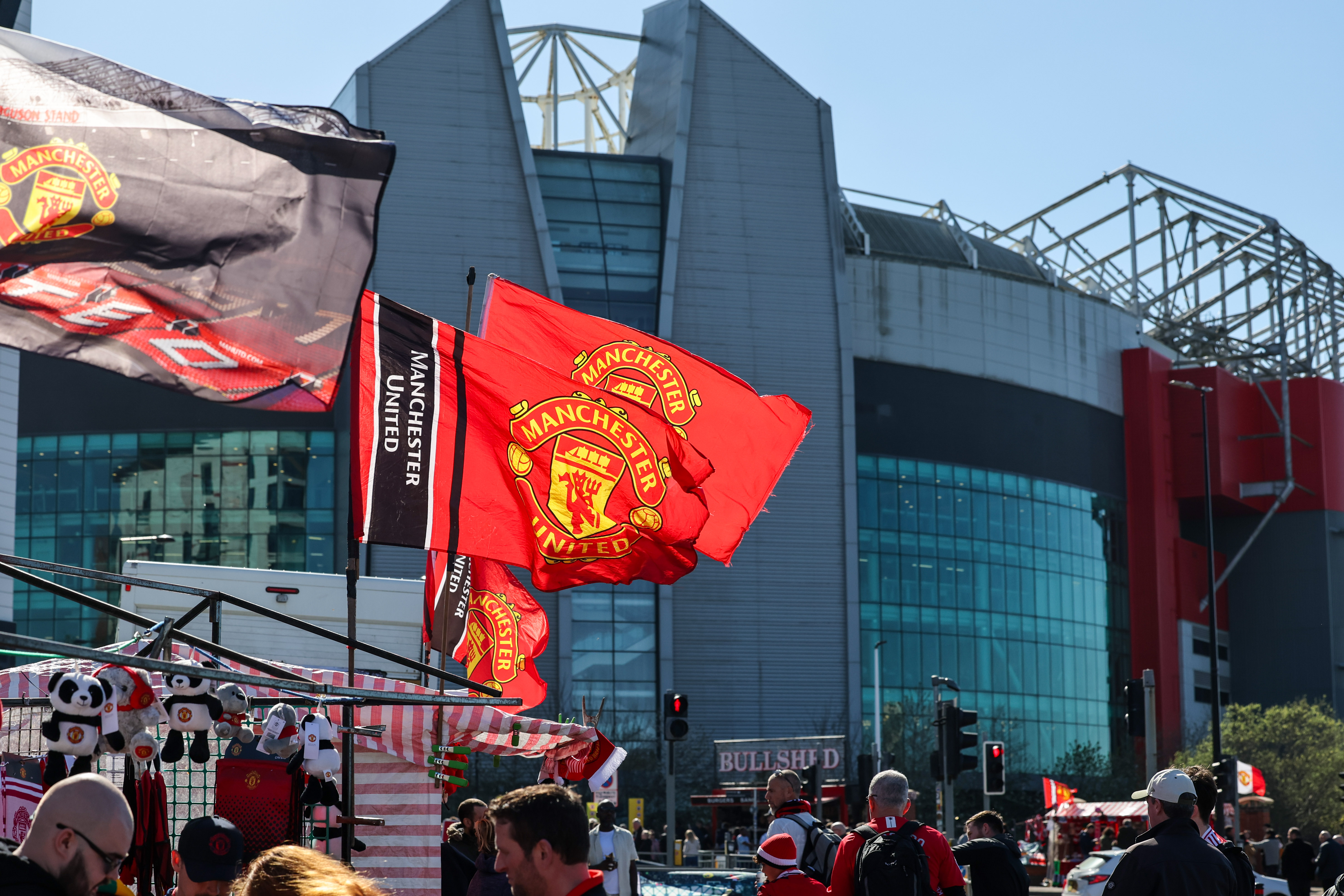Why Philipp Lahm is the world's second-best player… at least
Surprised that the German outdid Lionel Messi? Don't be, says Uli Hesse...

Many people wonder about Germany's sudden fall from grace. Following their magical summer, the World Cup winners have been soundly beaten by Argentina, lost against Poland for the first time in history, failed to defeat the Republic of Ireland and were so underwhelming against Gibraltar that their own fans booed them off the pitch.
Needless to say, there's a variety of factors at work here. But one of the biggest problems plaguing national coach Joachim Löw is that he's lost no fewer than four key figures during the off-season.
From one day to the next, he had to make do without one of the best defensive midfielders in the world, one of the best left-backs in the world, the best right-back in the world and his right-hand man on the pitch, a player whose understanding of the game is so faultless that the most famous coach in the world has called him the most intelligent footballer he's ever worked with. These four key figures are called Philipp Lahm.
If it's true that you only know what you've got when it's gone, then Lahm has to be voted Germany's Footballer of the Year next summer, even though he'll miss at least a third of the current season after breaking his ankle in November.
That's because it would constitute an absurdity of the highest order if the best German player of his generation should finish his career (Lahm is now 31) without ever having won this honour.

Of course you can understand why awards of this kind usually go to outstanding offensive players – Miroslav Klose, Mario Gomez, Franck Ribéry, Arjen Robben and Marco Reus have been among the more recent winners in Germany – and there's even something to be said for the fact that Manuel Neuer has been awarded the trophy twice in the last four years. (Namely that it's a bit of a German speciality.
While only one goalkeeper, Lev Yashin, has ever won the Ballon d'Or, Neuer is already the sixth to be voted Germany's Footballer of the Year.)
Get FourFourTwo Newsletter
The best features, fun and footballing quizzes, straight to your inbox every week.
"At 17, Lahm was already perfect"
If you consider not just class but also consistency, then there's never been anyone like Lahm in the German game. The man who discovered him is called Hermann Gerland. He is now Bayern's assistant coach but used to be the coach of the reserves, where the club grooms its homegrown talents. He once said: "Lahm was already perfect when he was 17. He could do it all, there was nothing left for me to teach him." Gerland also said: "Philipp never played a bad game for me. He is incapable of playing badly."
Philipp never played a bad game for me. He is incapable of playing badly"
When Lahm was 19, in 2003, Gerland tried to find a loan club for him because the youngster wouldn't get the playing time he needed in Bayern's star-studded side. Gerland phoned Felix Magath, then coaching VfB Stuttgart and offered him the services of a player "who looks like he's 15 but plays as if he 30". A skeptical Magath wanted to know where he should play this wonderboy. Gerland replied: "At right-back. Or left-back. Or right-sided midfield. Or central midfield."

Two months after the loan deal, Stuttgart met Manchester United in the Champions League. According to Gerland, Sir Alex Ferguson took one look at Lahm and immediately wanted to sign him.
That has been the story of the last 10 years: Lahm fitted in wherever you played him, hardly ever put in even a middling performance and immediately earned the admiration of anyone who knows the game. But it probably took the arrival of Pep Guardiola to make the world realise how good Lahm really is.
It probably took the arrival of Pep Guardiola to make the world realise how good Lahm really is"
The Catalan not only called him the smartest player he knew after barely three months at Bayern, he also told anyone who would listen that football games are decided in midfield – and that it follows from this that your best players should play in this part of the pitch. Then he moved Lahm, the world's best right-back, precisely there, even though the coach had tons of others midfielders to choose from but not another top-class right-back.
It sent out a strong signal. Actually, it was so strong that national coach Joachim Löw followed Guardiola's advice and used Lahm in midfield when the World Cup began. That was good enough to get Germany into the quarter-finals, but when the going got tough and the tournament hung in the balance, Lahm went back to his old position for the final three games.
From there on, Germany combined extra penetration out wide (thanks to Lahm's overlaps) with a rock-solid defence – and conceded only one goal (at 7-0 up against Brazil) to finally win the trophy that had eluded the team for so long. And when the votes for Germany's Footballer of the Year came in, where did Lahm finish? Fifth. Ridiculous.
Intelligent and accommodating
So, if and when I finally get around to becoming a card-carrying member of the German Association of Sportswriters (you know the Groucho Marx quote, so don't bet on it), the organisation which hands out the award, my vote will go to Lahm regardless of the season he may have had.
Nobody deserves it as much as he does. Though I have to say I'm no longer entirely impartial in this matter – not since a drab day this November.

Until that day I always used to tell people who asked me about these things that the smartest, nicest and most accommodating professional footballer was Mats Hummels. (When I first met him and introduced myself, Hummels said: "Oh, I know you: I've read one of your books." This, you'll surely understand, is hard to trump.)
Bayern (League): P25 W20 D4 L1
Bayern (Domestic cups): P6 W6
Bayern (in Europe): P11 W7 D2 L2
Germany (World Cup): P7 W6 D1
Total: P49 W39 D7 L3
Trophies won: Bundesliga,
DFB-Pokal, World Cup
But on that day I was sitting by the phone waiting for a call and suddenly realised it would never come. Maybe I should explain that in the old days, you'd have a player's number and could call him if there was something you wanted to know. Of course there was no guarantee he would answer your call, but at least you were the one taking the initiative. Today, press officers tell you that the player will call you. I can understand why the clubs prefer it this way, but it creates an unfortunate situation for a journalist: there's still no guarantee you'll ever get to hear the player's voice and now you can't even leave your house or office, as it will do you no good if the call comes when you're on the tube or queueing at the supermarket checkout.
So I was sitting by the phone on November 11, having been told that the Bayern Munich captain would call at some time after 1.30pm. Suddenly I made a terrible discovery: it was Lahm's birthday.
The press officer must have arranged the talk without realising that the player would have better things to do on this day than calling a stranger at the other end of the country. With an irritated sigh, I resigned myself to spending the whole afternoon by the phone for nothing.
At 1.35pm, the telephone rang.
"Hello," said a cheery voice, "this is Philipp Lahm speaking."
